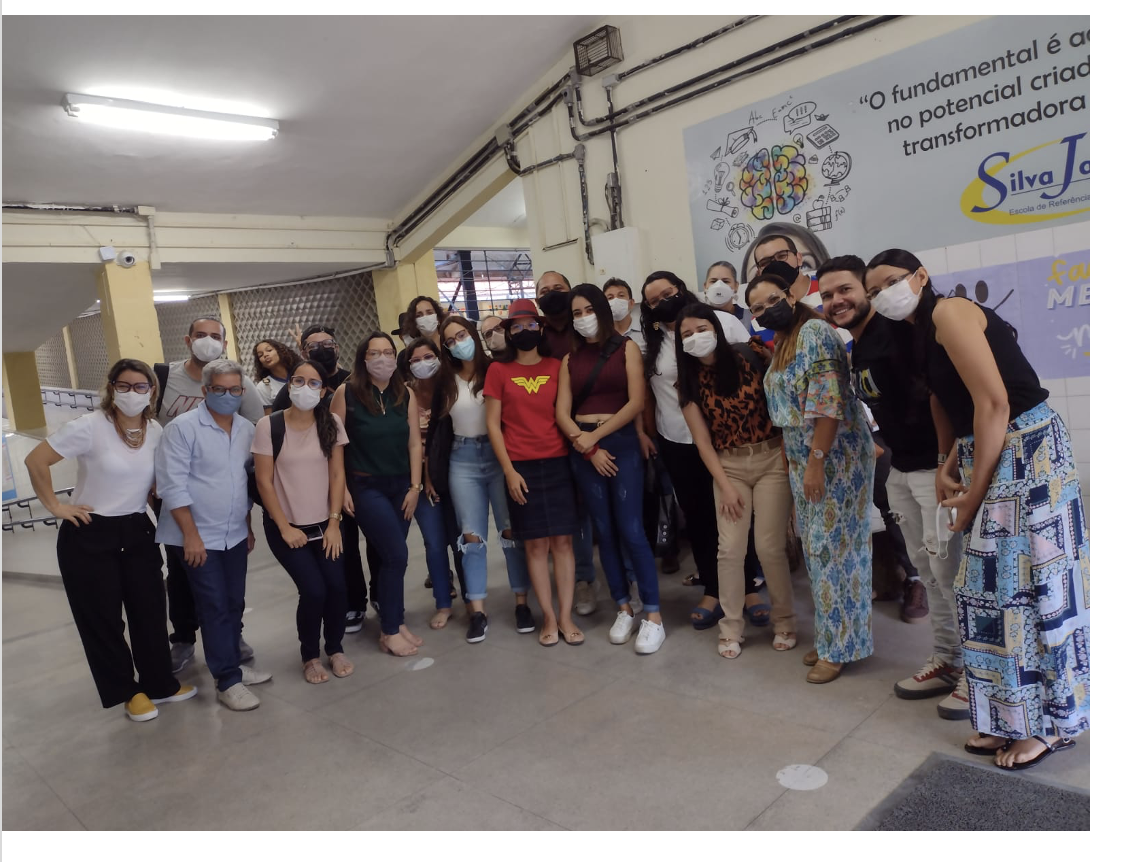
The Post-Graduation Program in Science Education (PPGEC) has as its main objective to develop social impact research focused on the area of Science and Mathematics Education, its main focus is the quest of teaching and learning of sciences and mathematics at different levels of education, building a A broad overview of research in science education such as teaching and teaching.
The program, since its creation, has formed more than 300 teachers and 150 doctors. Our graduates professionally occupy spaces and contexts of basic and higher education, located mainly in the Northeast Region. In the field of higher education, there has been a clear contribution from PPGEC in the qualification of two newly hired teaching staff to meet demands arising from the process of broadening and internalizing those who pass the IES of the region, as well as in the fields of the Institutos Federais de Educação, Science of Technology.
Social impact and innovative character of intellectual production
The intellectual production of the Program accompanies the robustness of the research that we see being developed in the same way and, in this sense, it addresses relevant and innovative topics in the Education Area, with clear contributions to the field of research and basic and higher education, thus having relevant social impact.
Some topics and research questions considered innovative, given that they dialogue with social, environmental, emerging cultural and interdisciplinary problems, which encompass:
- Questions referring to cultural and conceptual diversity, multimodality and the theory of conceptual profiles;
- Education in human rights, cordial contents and Chemistry Education;
- Design of software solutions that improve the teaching and learning process in different approaches (EAD, Blended Learning and Face-to-Face Teaching);
- Extraction of scientific evidence on learning processes mediated by technologies;
- Models and perspectives that seek to elucidate and minimize obstacles and difficulties in the construction of microscopic, processual and dynamic concepts;
- CTS Approach;
- Environmental education at the interface with ecological epistemologies and methodologies that seek to build bridges between school and non-school practices of education in science;
- These two spaces do not form learning.
This quadriênio, or PPGEC has extensive involvement with the organization of events in the area. Since the year 2020, in the wake of the pandemic, there has been a broad increase in PPGEC actions that have served as support for social media, YouTube and Instagram. From these media, various news items are broadcast, invitations to defend theses and dissertations, program events, recently published articles in newspapers, courses and lectures. This set of activities will be configured as strategies for debates and experiences with peers and a broad approximation with society.

